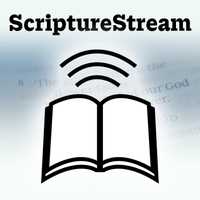- The gospel is for all personalities
- Driver: Peter - Matthew 16:16
- Analytical: Paul - Romans 6:15-18; 7:15-f
- Expressive: Jude - Jude 1:11-18
- Amiable
- John - I John 2:10
- Philip - Acts 8:30
- The wisdom of man goes too far
- Man says truth is not absolute.
- Truth is based on each individual’s perspective. What may be truth for one is not for another. I Samuel 15:15-28
- Pilate held to this wisdom. John 18:38
- There is absolute truth. John 8:32
- There is a reason that truth is absolute.
- Jeremiah 10:23
- Man says truth is not absolute.
- The truth concerning salvation
- Faith is a must. It is the truth from God. Romans 1:16-17
- Repentance is required. It is the truth from God. Luke 13:1-5
- Confession must be made. It is the truth from God. Romans 10:9-10
- Baptism is not an option. It is the truth from God. Acts 2:38
- The truth: you can’t be saved without it!
- The truth converning living our lives as a Christian
- Some have come to the point that organizational relationship places one in Christ.
- II Timothy 2:15
- The church saves no one. Acts 2:47
- Family lineage saves no one. Ezekiel 18:20
- Having our names in the directory does not place us in Christ. Hebrews 12:23
- The child of God is in Christ by truth. Colossians 1:21-23
- Some have come to the point that organizational relationship places one in Christ.
- Conclusion
- The gospel is for all. I John 4:4
- The gospel can save all. I Timothy 2:4
GS
March 08, 2011
For further study, see also:
Questions or comments? Join our Discord server for further study.
